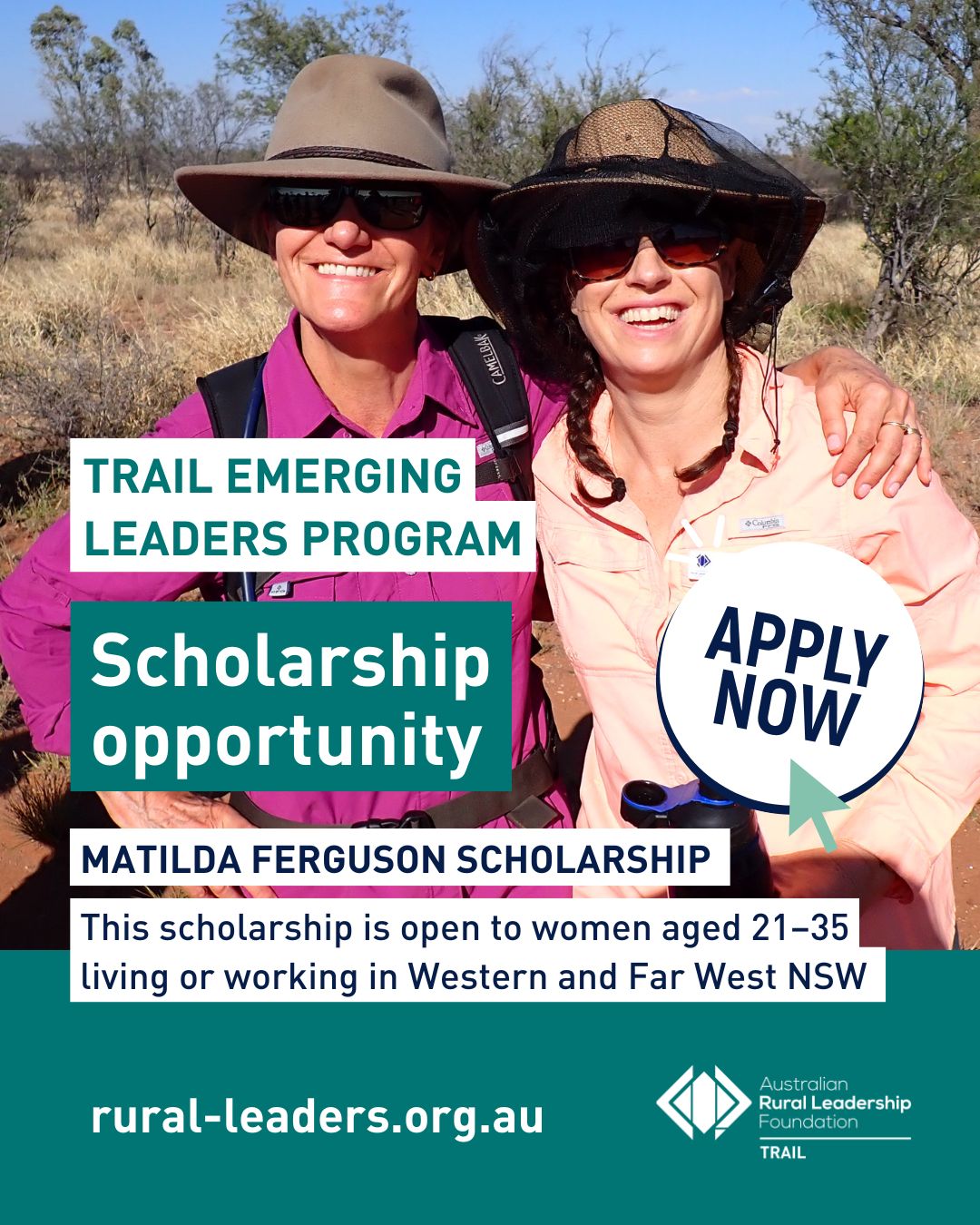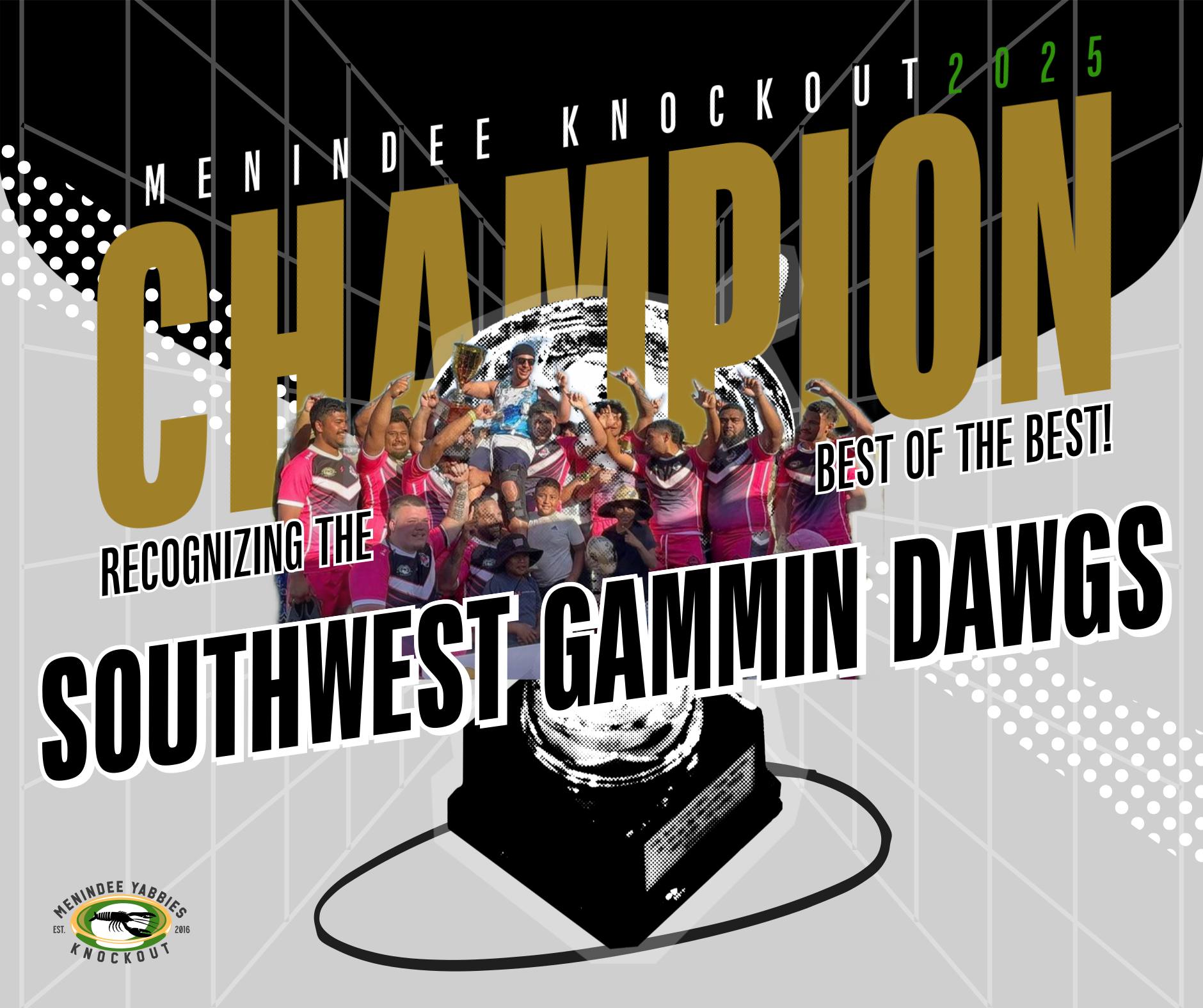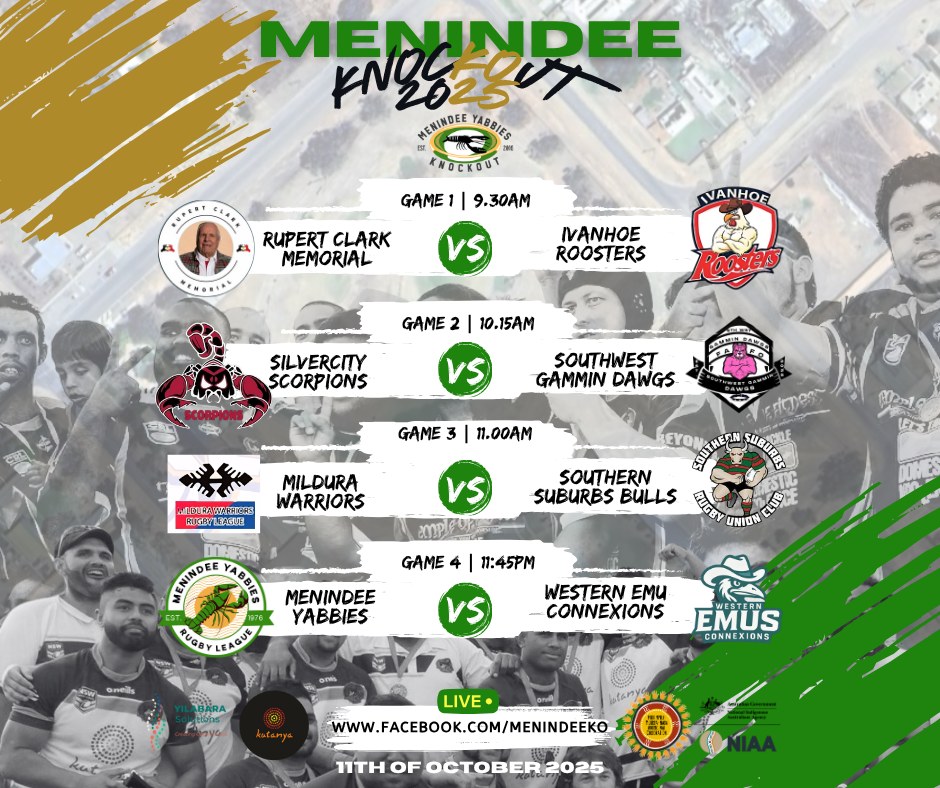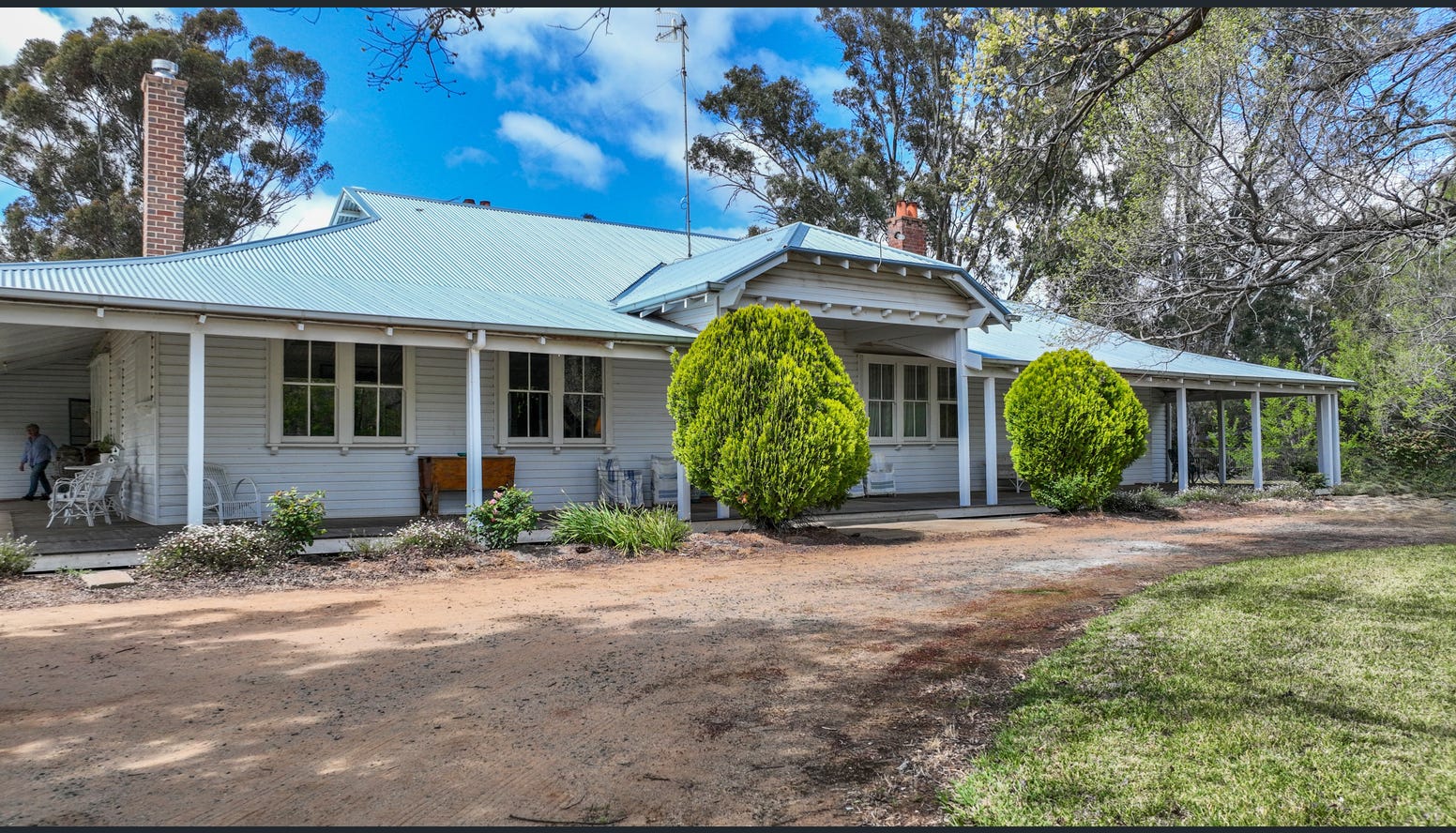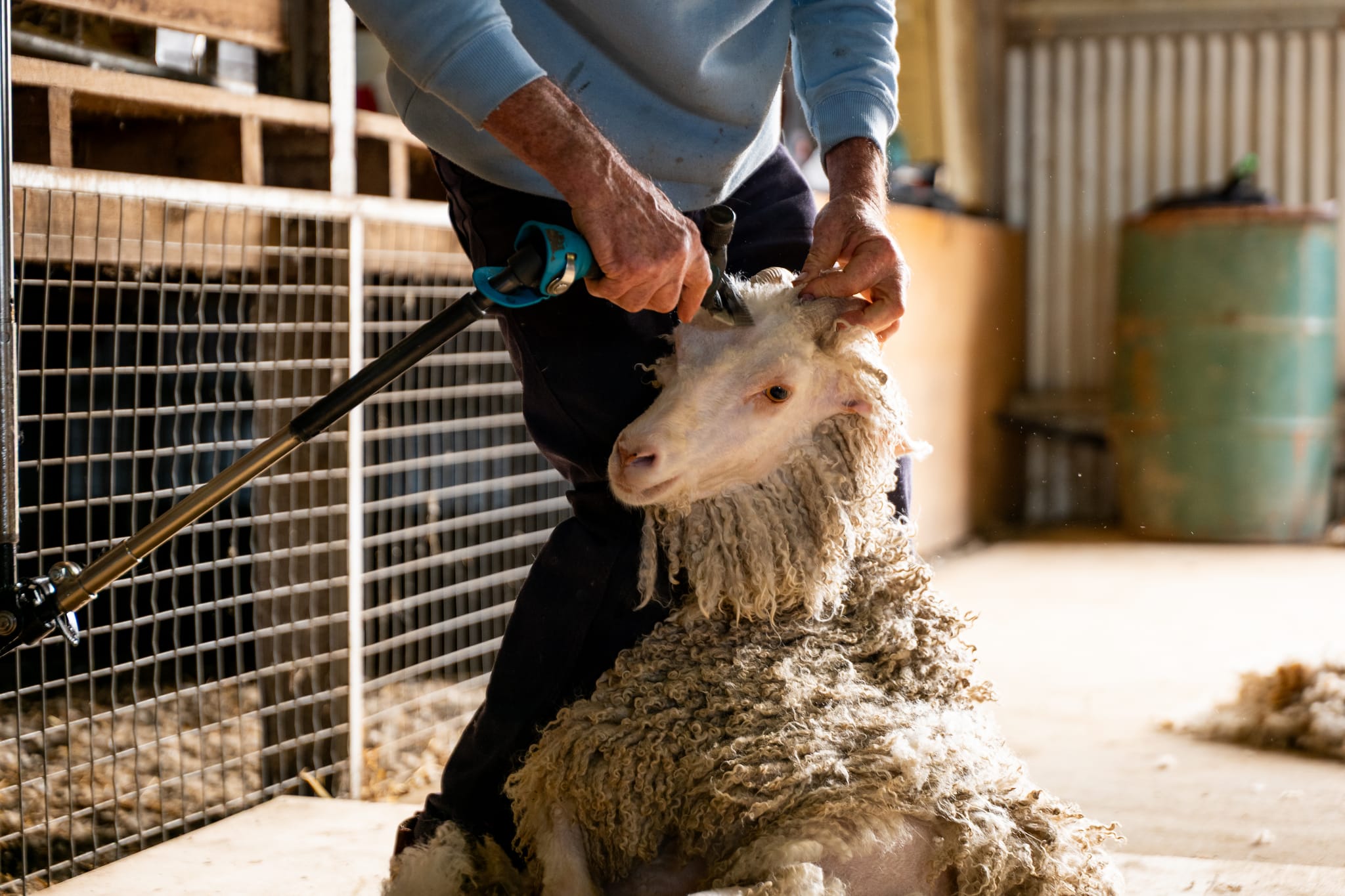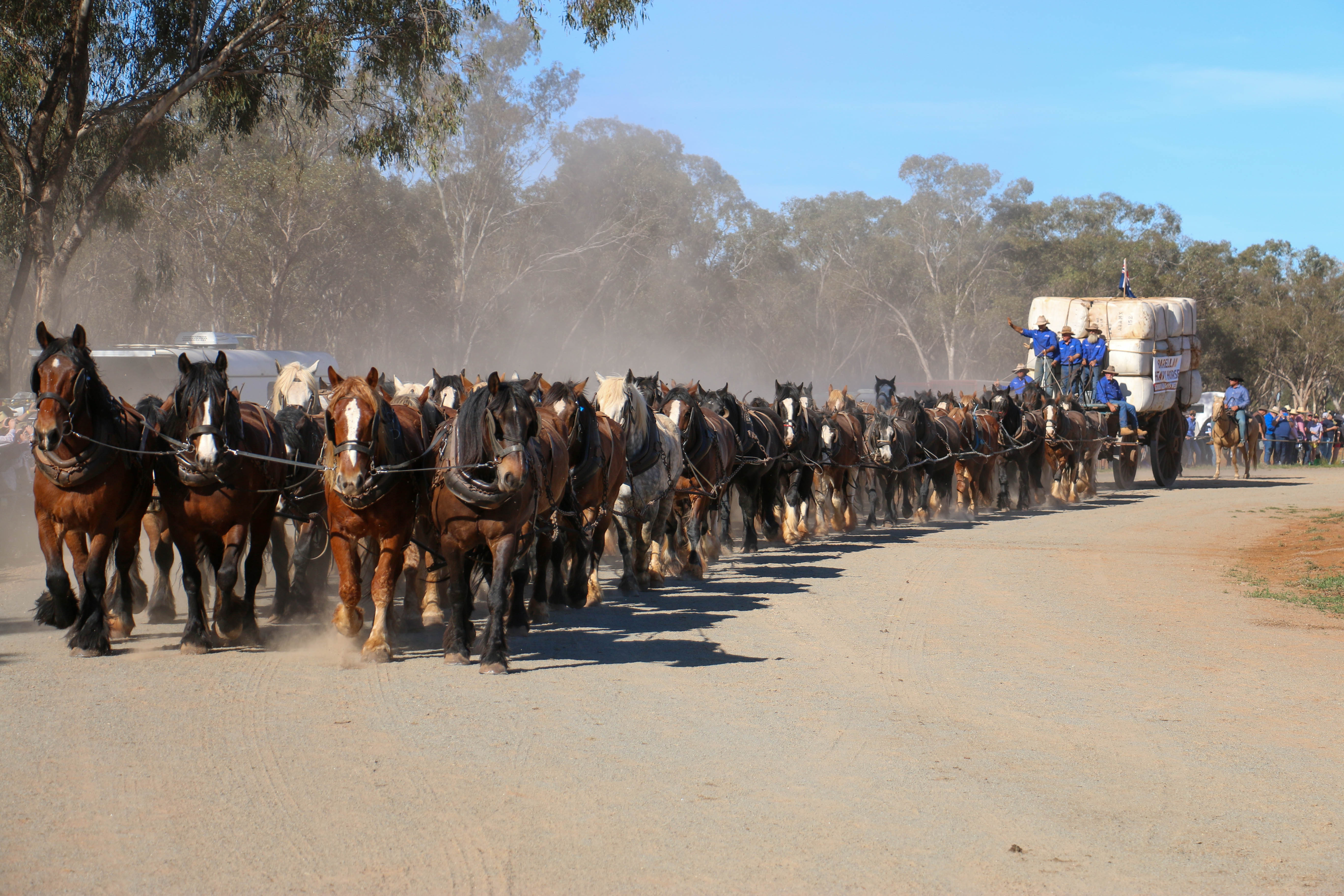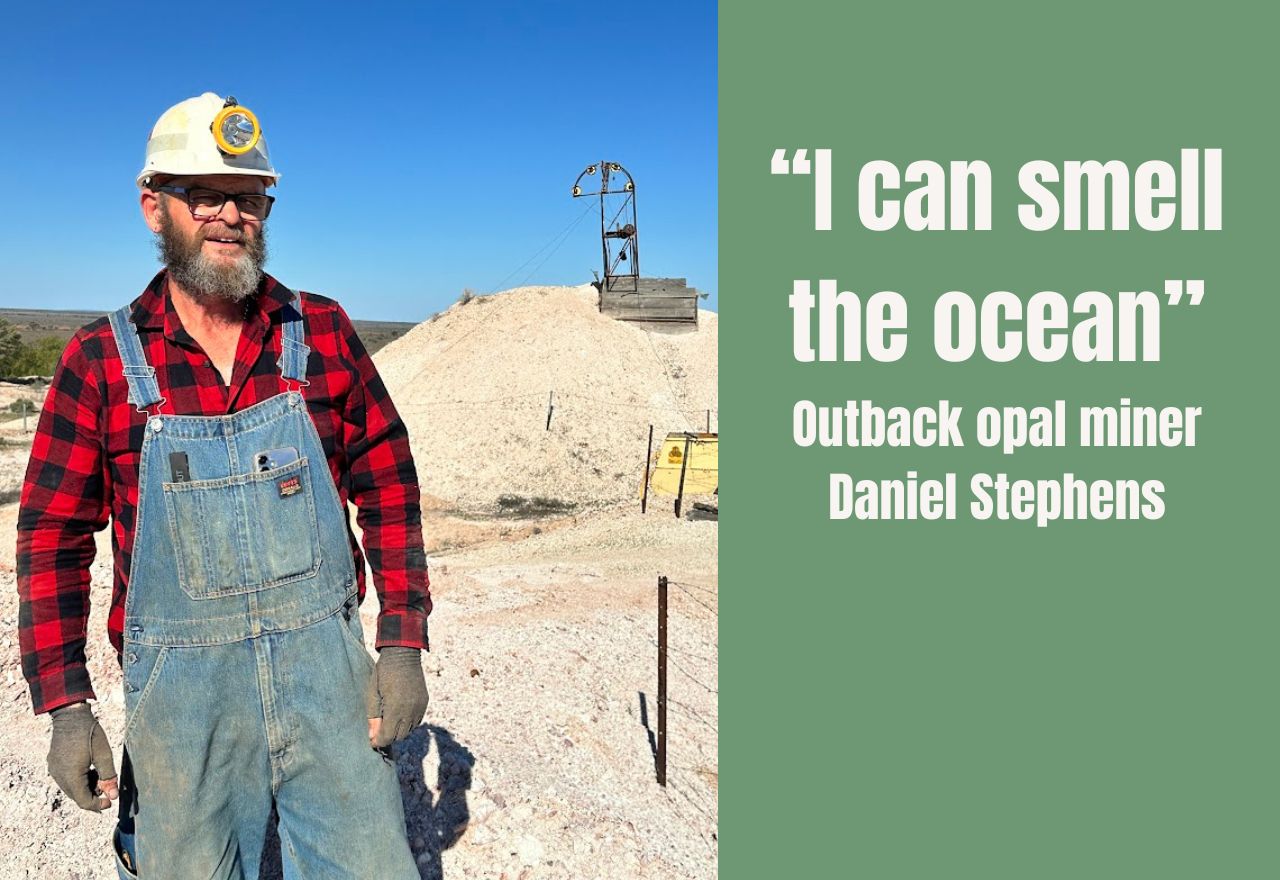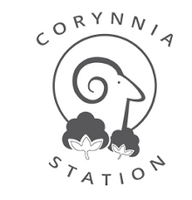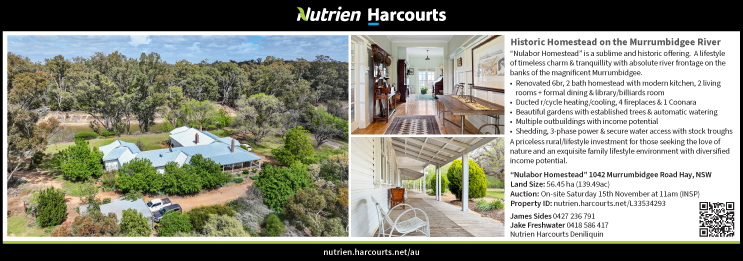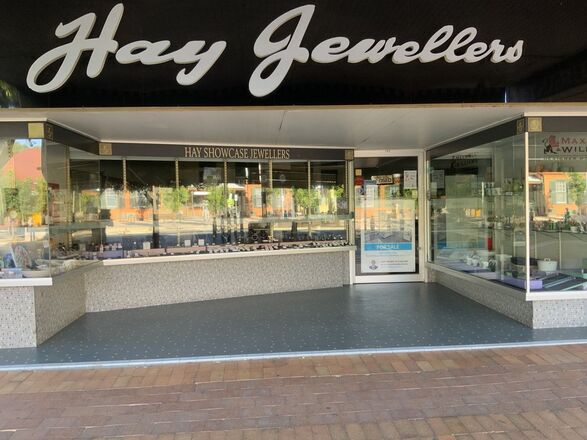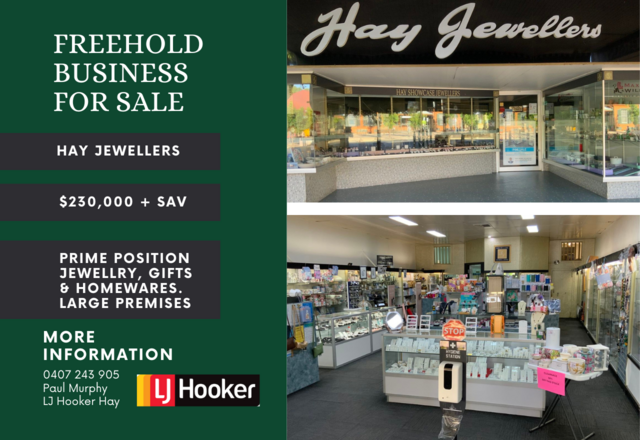The alchemist of White Cliffs: Hayley Atkins turns dust into gold
Kimberly Grabham
21 October 2025, 4:00 AM
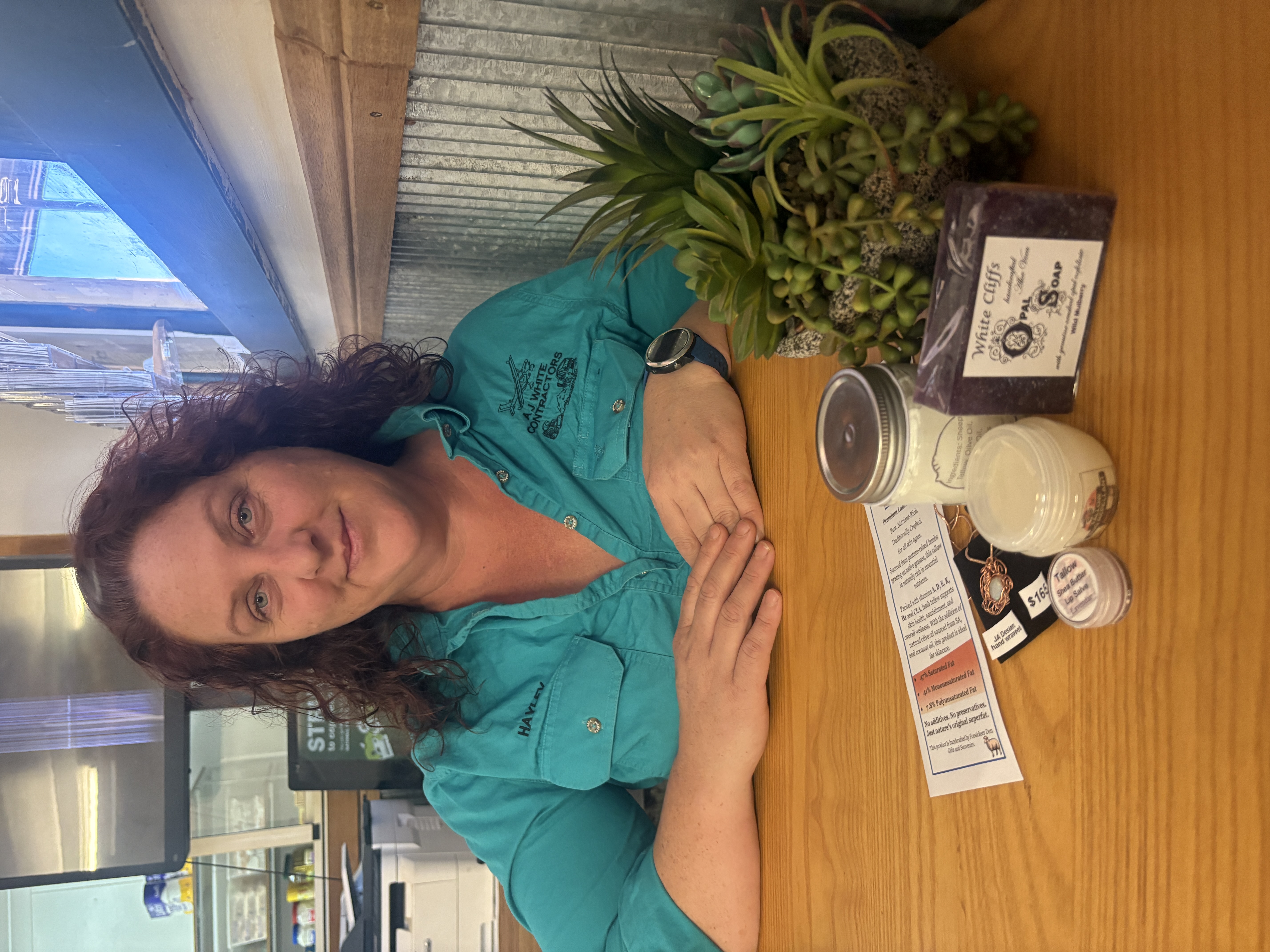
In the red dust and relentless heat of White Cliffs, where most people see waste and hardship, Hayley Atkins sees possibility.
The 43-year-old mother of four has built an extraordinary life from the fragments others discard, turning worthless opal chips into luxury soaps, kangaroo fat into healing balms, and personal heartbreak into business success.
Her story reads like a masterclass in rural resilience and creative innovation, proving that sometimes the most unlikely ingredients can create something magical.
Hayley's journey to White Cliffs began in the sophisticated world of television production.
After studying design for theatre and television, she landed coveted positions in Sydney's entertainment industry, first at Wonderland Sydney's wardrobe department, then at Channel 7 working on the hit medical drama All Saints.
"I was still a country kid in the city," she reflected, describing her years navigating Sydney's fast-paced television world.
Her career came to an abrupt end when a new boss brought in her own crew, leaving Hayley unemployed and disillusioned.
She retreated to Albury, working at the White House Theatre, where she met her future husband, an opal miner with big dreams and bigger promises.
With three children under four, Hayley found herself following him to White Cliffs, a decision that would transform her life in ways she never anticipated.
"My grandfather used to come up here as a 'wintery', that's what they call the winter visitors," she explained.
When her grandfather grew frail, they proposed a deal: he'd buy a dugout, and they'd maintain it for his visits.
"So he took the deal and we found a dugout. Then he never came up."
What started as a family arrangement became Hayley's introduction to one of Australia's most challenging and rewarding communities.
As a young mother with four children under five, she found herself running an opal showroom seven days a week while her husband focused on mining.
"He was a very good miner. He used to pull out a lot of opal, but not all of it is pretty stone," she recalled.
"There was a lot of potch, a lot of colour that wasn't worth anything."
It was this apparent waste that sparked Hayley's entrepreneurial genius.
With her design background and outside-the-box thinking, she looked at the piles of discarded opal chips and saw opportunity where others saw rubbish.
"I thought, surely there's something you can do with all this. So I crushed it up, I took great pleasure in crushing up those little bits of colour," she laughed.
"But then I actually scratched my leg with it because it's essentially glass. I was like, 'Oh, that's not going to work.'" Trial and error led to breakthrough. Using the finest sieve to remove dangerous particles, Hayley created a useable crushed opal powder that she incorporated into soaps, nail polish, and candles.
"I'm the inventor of crushed opal products," she said with justifiable pride. "Nobody else does it."
As her marriage deteriorated, Hayley's determination to provide for her children led her down an unexpected path.
A local kangaroo harvester needed an offsider for nighttime work, and despite having never handled firearms or processed game, Hayley took the job.
Her routine became almost superhuman, up early to get the kids to school, run the opal showroom until 3 PM, prepare dinner for the family, then head out for nighttime kangaroo harvesting, returning home at 3 or 4 AM for a few hours' sleep before starting again.
"I did that for quite some time just to earn some extra cash to try and get ahead financially," she remembered.
Leaving a marriage with four young children in a remote town requires extraordinary courage.
For Hayley, the decision came down to her children's wellbeing.
"I didn't want to admit that I'd failed, because you didn't fail. But I only wanted to get married once."
The man who'd hired her as his kangaroo harvesting offsider became something much more significant.
"My now partner is the guy," she said simply.
"He's lived on the land all his life. Down to earth. And my kids, like, they were little at the time and they just gravitated towards him."
Her new partner brought stability, routine, and most importantly, taught Hayley to find her voice again.
"He taught me to speak up. Do you find it liberating? Really liberating. I love it. We get in the biggest rows, like the biggest rows, and I just say to him, 'You taught me, so you just cop it.'"
Hayley's innovative spirit didn't end with crushed opal, but introduced her to another waste product with hidden potential, animal fat.
"He was out there doing killers for other people, and the fat came out of it, and he'd go, 'Do you want to keep this?' And I'm like, 'Yeah, I don't know what for, but it just turns into tallow.'"
Research revealed tallow contains a lot of vitamins making it particularly beneficial for skin health.
After learning the rendering process and removing impurities, Hayley created what can only be described as a miracle balm.
"I tested it on myself. That summer, cracked heels, gone. My close friend who does catering with me has autoimmune diseases which make her allergic to sun. She has to cover up when she goes out, and if she doesn't, she breaks out in this fried skin rash. She's had antihistamine constantly, and she tried my kangaroo tallow and it cleared it up in no time."
Despite creating genuinely innovative products that solve real problems, Hayley faces the classic rural entrepreneur's challenge; limited resources and markets.
She jokes about her early ambition to "sell a million soaps at a dollar each and make my million dollars," but the reality of turning cottage industry into commercial success remains elusive.
"I don't have the finances. I don't have the space. I don't have the marketing or business skills to get it further than where it is," she admitted honestly.
Yet her innovation continues. Natural shampoo and conditioner join her product line, each receiving rave reviews from friends and family who serve as her testing ground.
"I haven't had a bad review yet," she said with quiet satisfaction.
Hayley has created a beautiful home from her partner's former bachelor pad, complete with a massive kitchen bench perfect for making pizzas in their 900-degree oven.
The dugout she once lived in now operates as a bed and breakfast that lets visitors experience underground living.
Shopping requires military-style planning, a six-hour round trip to Broken Hill, with winter daylight hours limiting shopping time to avoid animals on the road.
"You literally crack the whip, hit the ground running. Click and collect saves the day. You do everything you need grocery-wise, run around for all the other specialty shops, get all your appointments done, and three hours home."
Despite these challenges, Hayley has built multiple revenue streams; the bed and breakfast, a catering business called "Heart of the Back" with her friend, and her innovative product lines.
She's also juggling four teenagers while maintaining her relationship and community commitments.
"I can't imagine myself anywhere else," she said.
This contradiction captures something essential about life in remote Australia, it's simultaneously the hardest and most rewarding place to build a life.
The isolation that makes simple shopping an expedition also creates space for innovation and community bonds impossible in cities.
Hayley's teenage children have adapted to their unique environment, spending school holidays in Dubbo, helping with the family businesses, and learning resilience from their mother's example.
At 43, Hayley Atkins represents a new kind of rural entrepreneur, someone who sees opportunity in waste, possibility in hardship, and innovation as survival strategy.
Her story challenges assumptions about what's possible in remote Australia and what resources actually matter for business success.
Her crushed opal products and tallow balms may never make her the million dollars she once joked about, but they've created something more valuable; a sustainable life built on creativity, resilience, and the ability to transform the discarded into the desirable.
"People coming into the showroom wanted opal but no jewellery," she recalled of her breakthrough moment.
"I thought, surely there's something you can do with all this waste."
That question, what can be done with waste, has become the driving force behind a life that turns challenges into opportunities and proves that sometimes the most unlikely places produce the most extraordinary innovations.
In White Cliffs, where the red dust settles on everything and the nearest major shopping centre is three hours away, Hayley Atkins continues her work as an accidental alchemist, transforming the overlooked and discarded into products that heal, beautify, and inspire.
Her story is proof that innovation doesn't require venture capital or technology hubs, sometimes it just requires the courage to see potential where others see problems, and the persistence to turn possibility into reality.
From television wardrobe to underground luxury accommodation, from crushed opal soaps to kangaroo tallow healing balms, Hayley's journey proves that reinvention isn't just possible in remote Australia, it's essential.
And sometimes, when you're brave enough to follow an unconventional path, you discover that the life you never planned is exactly the life you were meant to live.
NEWS
SPORT
RURAL
COMMUNITY
JOBS
FOR SALE
COMMERCIAL PROPERTY
